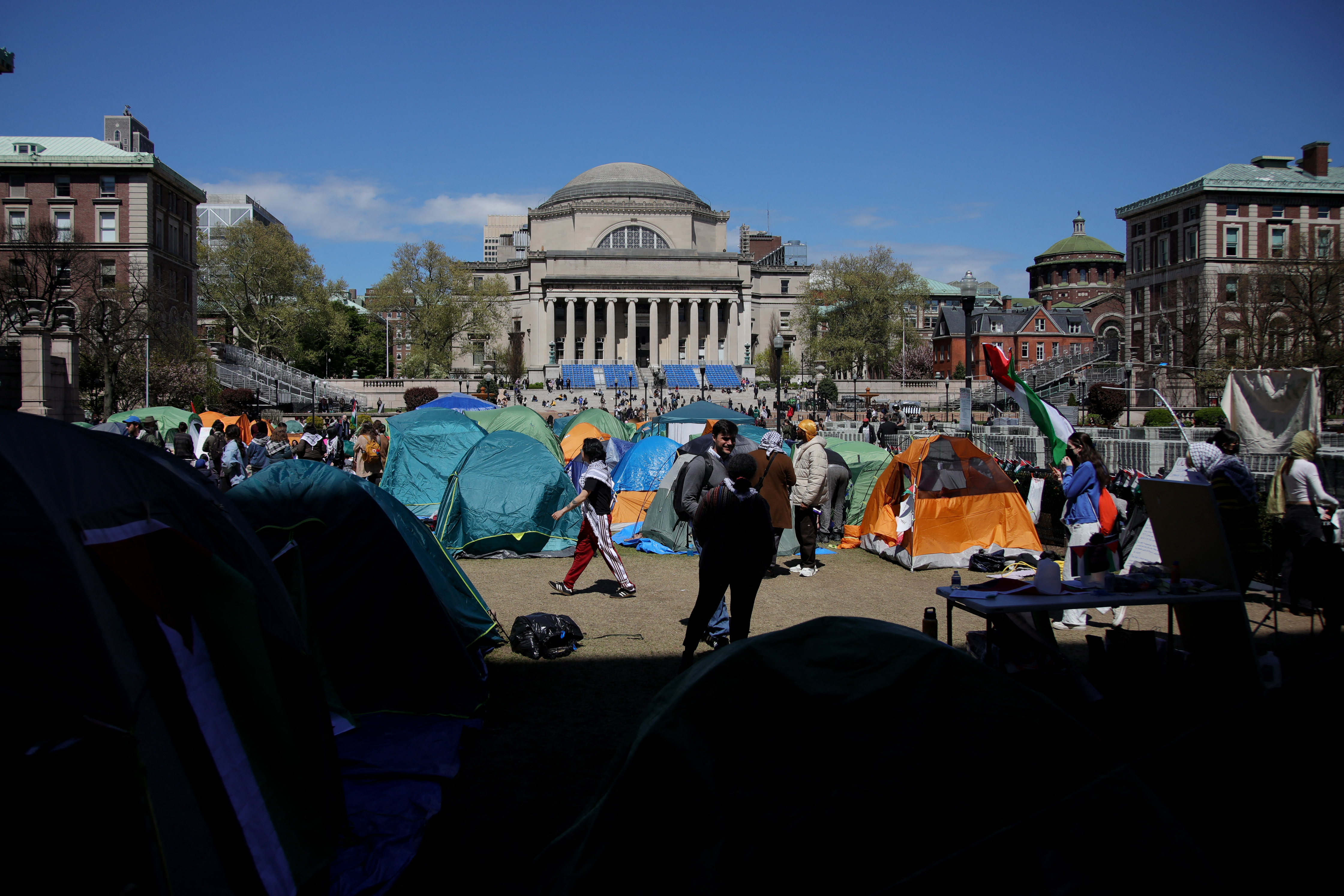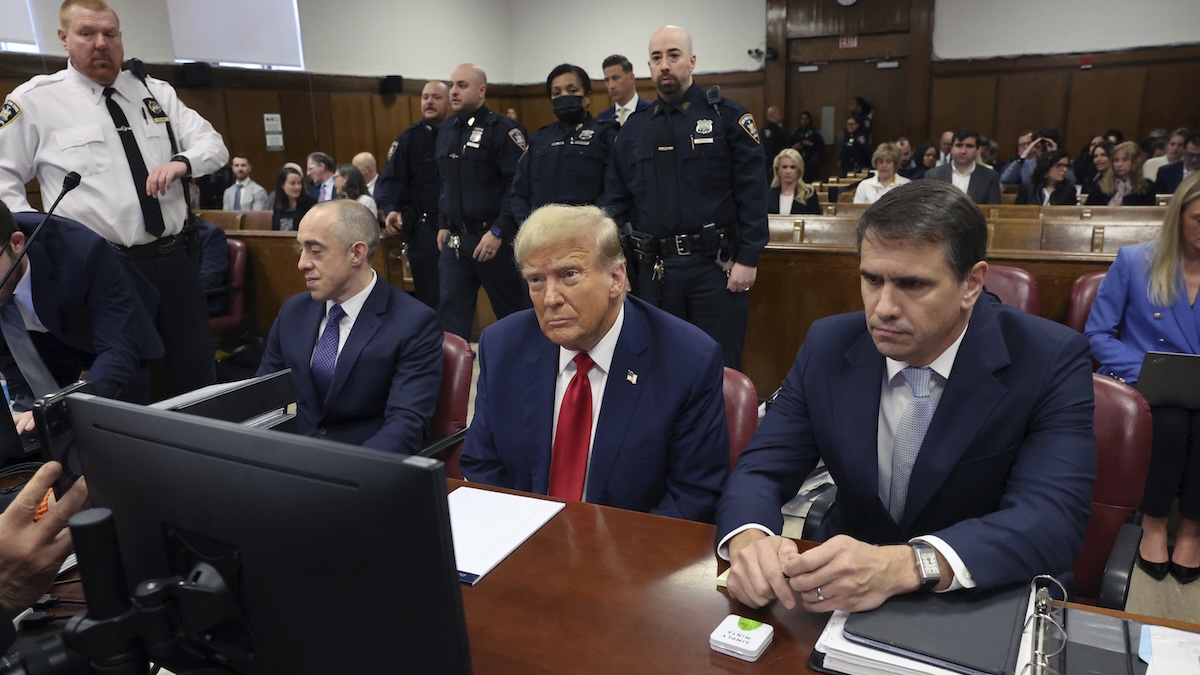What to Know
- Although the majority of New York City residents say they will take the vaccine as soon as it is available to them, a whopping 42 percent express hesitancy about the vaccine, according to a poll by the Association for a Better New York (ABNY).
- The poll by the independent organization surveyed 1,549 New York City residents (18 years and older) from Jan. 16 to 18.
- Vaccine hesitancy is the highest in the Bronx, Queens and Staten Island, as well as among minority communities, according to the survey
Although the majority of New York City residents say they will take the vaccine as soon as it is available to them, a whopping 42 percent express hesitancy about the vaccine, according to a poll by the Association for a Better New York (ABNY).
The poll by the independent non-profit ABNY -- self-described as being dedicated to the constant growth and renewal of New York City’s people, businesses, and communities -- surveyed 1,549 New York City residents (18 years and older) from Jan. 16 to 18.
The survey revealed that 57 percent will take the vaccine as soon at is available to them. Meanwhile, 10 percent will only take the vaccine after someone they know received it and 14 percent will only take the vaccine after many people they know receive it. Additionally, 14 percent are unsure if they will take the vaccine at all and 4 percent say they will refuse the vaccine altogether.
“A strong New York depends on vaccine adoption – for the health of our fellow New Yorkers and, with that, the City’s economic recovery. This is critical, especially in the communities that were disproportionately impacted by the pandemic," Steven Rubenstein, chairman of ABNY, said in a statement. "As New Yorkers, we need to work together, listen to the concerns of those who are hesitant, and provide the information people need to make decisions and get vaccinated.”
Melva Miller, chief executive officer of ABNY, said that the communities disproportionately impacted by COVID-19 are the same ones that have experienced "long-standing health and social inequities" and, in turn, have a deep distrust for the government and the systems administering the vaccine.
“We must understand the strategies that can mitigate vaccine hesitancy among these communities," Miller said in a statement. "This data will help us guide actions that will provide equitable access to the vaccine, particularly for people of color, who are bearing the disproportionate burden of the virus and have faced longstanding disparities in health.”
News
The survey revealed concerns among certain racial and geographic groups. The poll found:
- 20 percent of Black/African American and 19 percent of Asian/Asian-American/Pacific Islander (AAPI) respondents remain unsure if they will accept a COVID-19 vaccination, compared to 10 percent of white New Yorkers;
- 8 percent of Black respondents were likely to refuse the vaccine, greater than any other group;
- Additionally, 8 percent of Bronx residents say they will not take the vaccine, compared to 3 percent of Manhattan residents;
- 18 percent of respondents in Queens and Staten Island remain unsure if they will accept the vaccination as opposed to 14 percent of Brooklyn and Bronx residents and 9 percent of Manhattan residents.
The poll also indicated inequity when it comes to public awareness surrounding the vaccine. Overall, 69 percent of those who participated in the survey say that they have enough information to make an informed decision concerning the COVID-19 vaccine. However, 31 say they do not. More specifically, the survey showed that non-white New Yorkers were twice as likely as white New Yorkers to say they do not have enough information, "indicating a need for a public awareness campaign," according to the study.
Additionally, the poll also shined a light at who New Yorkers consider "trusted messengers" when it comes to receiving information about the vaccine. Overall, 83 percent of those who participated in the survey say they trust a lot/trust their physician or healthcare provider when it comes to the COVID-19 vaccine. Dr. Anthony Fauci, the immunologist serving as the director of the National Institute of Allergy and Infectious Diseases who has become the face of medical advice and information during this pandemic, is trusted or trusted a lot by 71 percent of respondents. Furthermore, the poll revealed that 65 percent of all participants trust the information delivered by President Joseph Biden on COVID-19 issues. However, among Black participants, Biden is more trusted than Fauci (68 percent to 66 percent).
As New Yorkers, we need to work together, listen to the concerns of those who are hesitant, and provide the information people need to make decisions and get vaccinated.
Steven Rubenstein, chairman of Association for a Better New York (ABNY)
The poll also showcased that there are varying points that New Yorkers consider when coming to a decision of whether to get the COVID-19 vaccination or not. For example, according to the survey:
- 82 percent of respondents said work, travel or school requirements would be an important factor as to why they may receive the COVID-19 vaccine;
- 71 percent of those surveyed say that seeing friends and family members get the vaccine and not get side effects is significant factor for them;
- 49 percent of Bronx residents surveyed also indicated that concern about side effects was a significant factor in their decision-making;
- 80 percent of Black respondents and 67 percent of Latino and Asian/Asian-American/Pacific Islander respondents say that concerns about effectiveness are significant or somewhat significant in shaping their vaccination decision;
- Latino and Asian/Asian-American/Pacific Islander respondents were more much concerned about the cost of the vaccine compared to white respondents. This shows a need to communicate directly to these groups that the vaccine is free;
- 82 percent of Latino New Yorkers said the convenience of taking the vaccine was an important factor for them;
- 79 percent of Staten Island resident also said the convenience of taking the vaccine was an important factor for them.
For more information, or the methodology used, click here.



